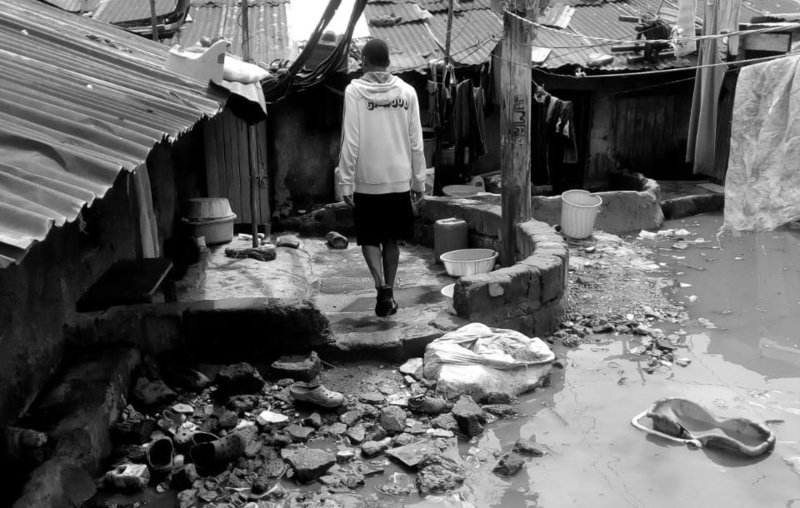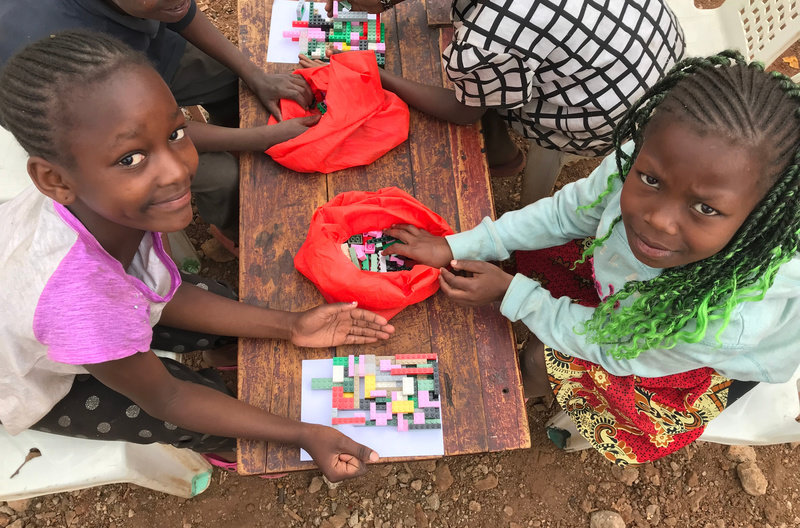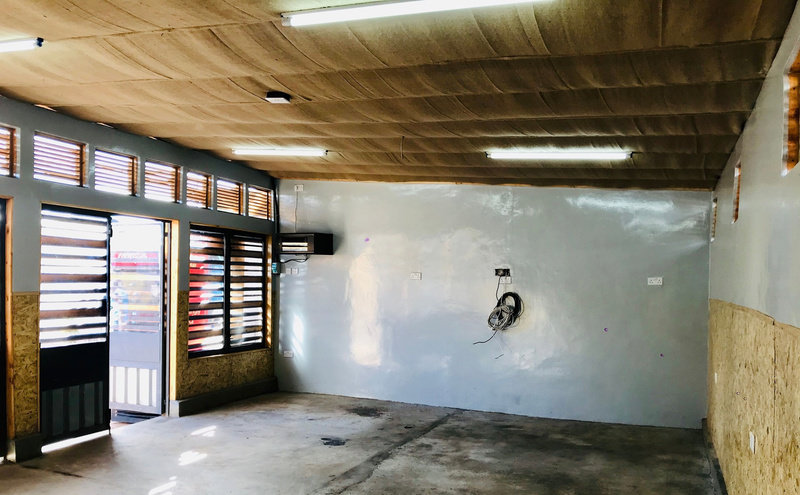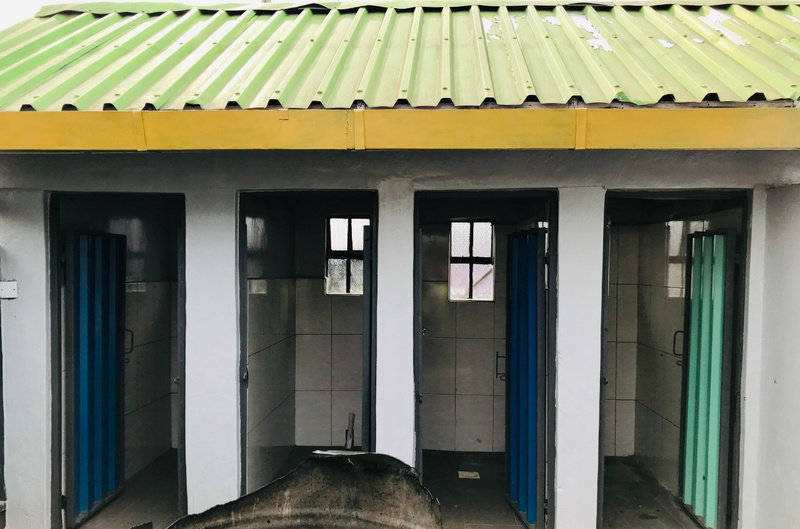VUMA, who have been actively co-leading the design process from the beginning, have built their capacity to manage complex, community-driven sustainable development processes. The youth who joined the KDI-KEFRI Carpentry Academy learnt vocational skills to support a more prosperous future for themselves and their community. Like
KPSP10, the project is yielding critical information for practitioners, governments, and researchers to understand the value of
Community Responsive Adaptation approaches to climate risk such as flooding.



